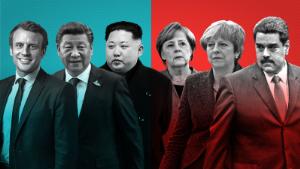How world leaders fared in a turbulent year
(CNN)It has been a turbulent year for many leaders across the globe, and while some benefited from 2017's geopolitical twists and turns, others suffered a series of setbacks.
CNN's international correspondents give their assessments on which world leaders are up and which are down at the end of 2017, and what might be in store next year.
France's Emmanuel Macron -- UP
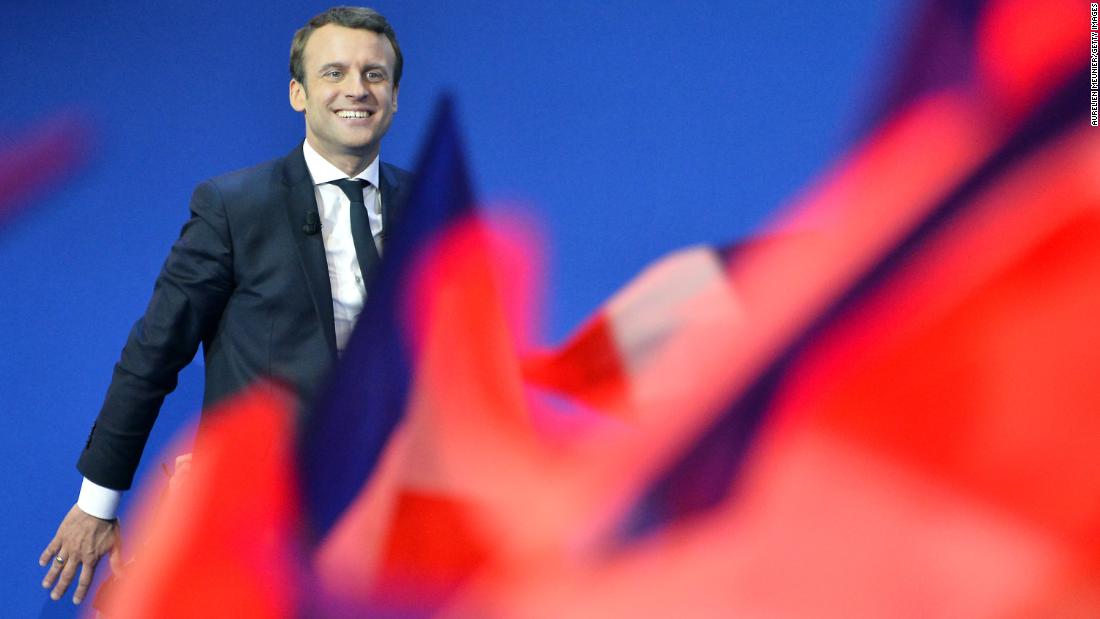
Emmanuel Macron won the French presidential election.
2017 was the year that made Macron. At its start, he was a former economy minister making an unlikely presidential bid. But the improbable collapse of France's two mainstream parties -- which had shared power in France for 60 years -- paved his way to victory.
The stars aligned themselves in Macron's favor on the international stage, too. Political turmoil in London, Washington and Berlin, coupled with his own ambitious vision, led Macron to be spoken of as not simply the French President, but as the new leader of the free world. The year ahead looks as though it could be more promising still.
By Melissa Bell
Germany's Angela Merkel -- DOWN
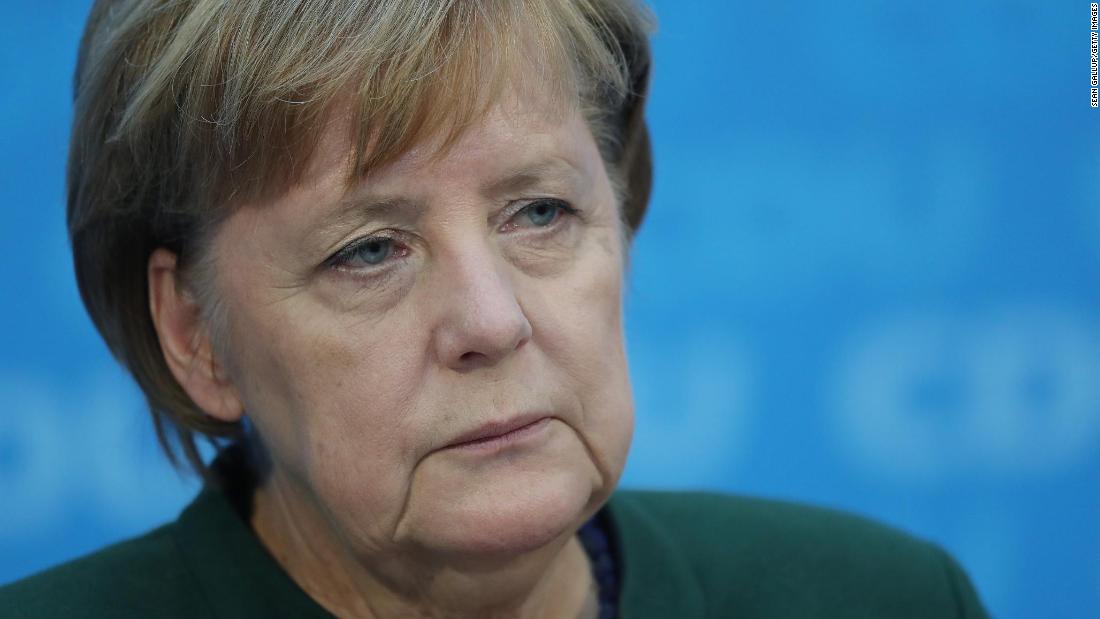
German Chancellor Angela Merkel has endured a difficult year.
It's been a tough year for Merkel, who first had to repair her relationship with US President Donald Trump and then tackle German elections amid a surge in right-wing populism. Despite Trump's apparent refusal to shake her hand at their first meeting, Merkel has crafted a good working relationship with him.
After that success, Merkel turned her attention to getting re-elected and seemed to be coasting to a September victory. But her party lost more than a million votes to the far-right Alternative for Germany. Merkel remains Chancellor, but she needs to get a working coalition up and running as soon as possible to meet the challenges of 2018.
By Atika Shubert
Syria's Bashar al-Assad -- UP
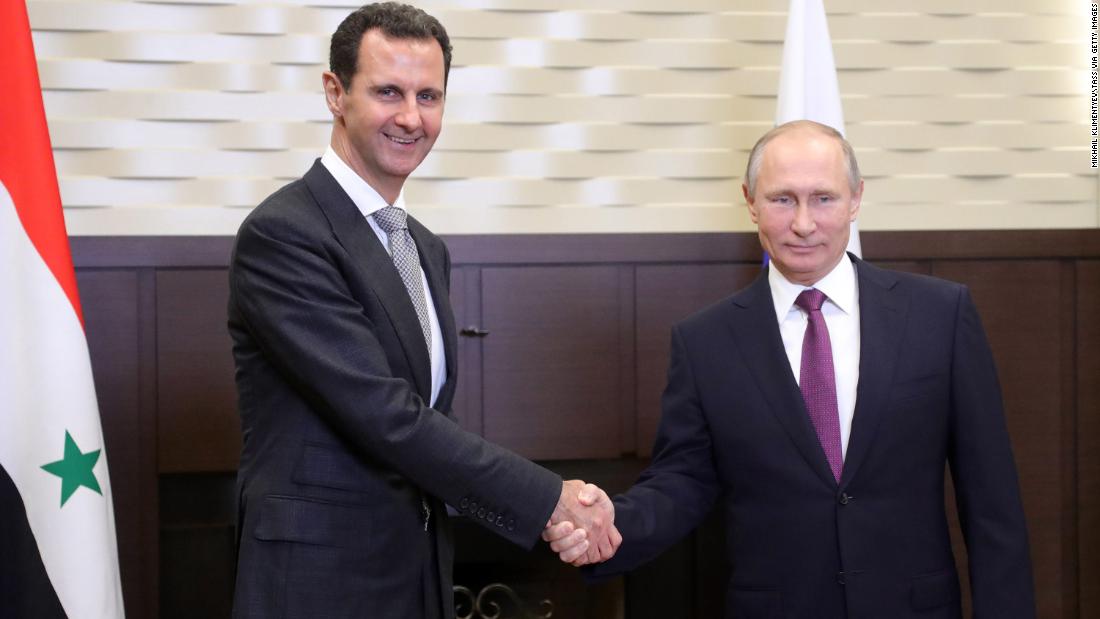
Syria's President Bashar al-Assad (L) has cemented his alliance with Russia's President Vladimir Putin.
In 2017, Assad consolidated his hold on Syria's territory, made the best use of the war against ISIS to expand his grip and weathered a brief but symbolic US air assault. He not only remains in power, but looks more likely than ever to stay there until he chooses. The post-ISIS turmoil of Iran's face-off with Saudi Arabia has reduced the prominence of Assad and his alleged war crimes in the region.
He'll have to navigate the threat of Israeli military interventions into Syria to lessen Iran's presence, but Russia's continued backing and his opponents' collapse mean his territorial grip is only going to increase.
By Nick Paton Walsh
Myanmar's Aung San Suu Kyi -- DOWN
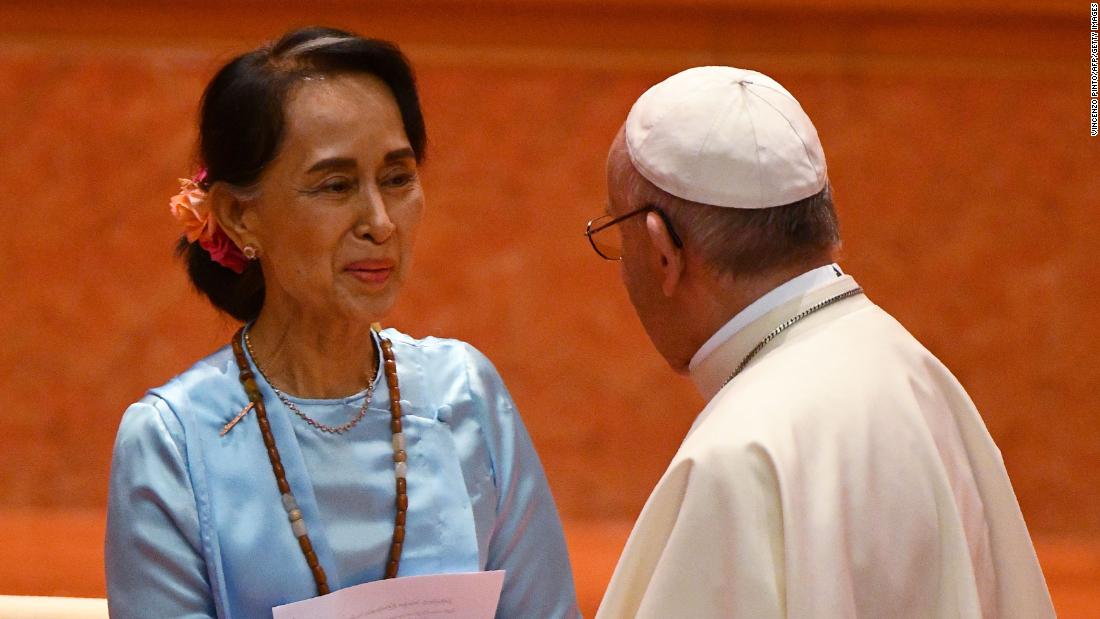
Pope Francis (R) shakes hands with Myanmar's Aung San Suu Kyi during an event in Naypyidaw.
This year marked a fall from grace for Aung San Suu Kyi. The leader of Myanmar's elected government went from being hailed as a democratic hope for southeast Asia to being denounced as an apologist for what the United Nations and the US call ethnic cleansing.
In mid-September, after more than 400,000 Rohingya Muslims fled across Myanmar's border to Bangladesh, the Nobel Peace Prize laureate gave a speech on the crisis during which she said "we want to find out why this exodus is happening." The refugee exodus has since swelled to more than 600,000. But despite the crisis, Suu Kyi continues to enjoy fervent domestic support.
By Ivan Watson
Turkey's Recep Tayyip Erdogan -- UP
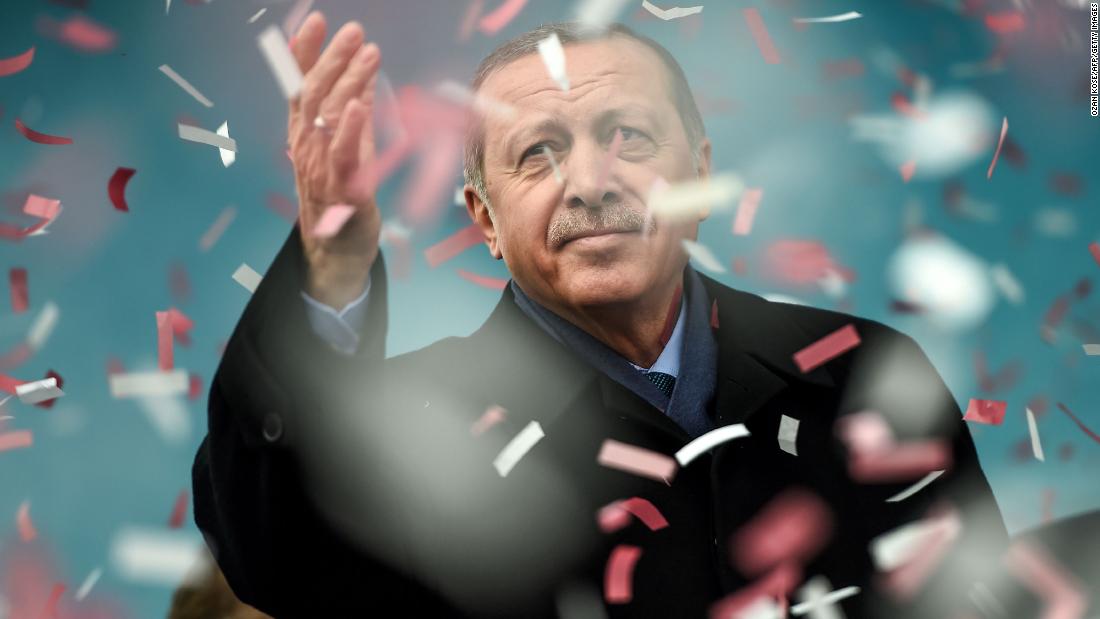
Turkish President Recep Tayyip Erdogan gestures amid confetti during a rally in Istanbul.
Erdogan always wanted to turn Turkey's government into a strong presidential system and 2017 delivered, as he won sweeping changes to the constitution in a referendum. After 14 years in office, he remains a singularly polarizing figure, jailing journalists and overseeing a massive purge of civil servants. But he has made maneuvers that guarantee Turkey a seat at the table in regional crises.
In 2018, Erdogan will have to contend with a corruption scandal at home and regional uncertainty abroad. But with a weak opposition, Erdogan will continue to chart the course of Turkey's modern history.
By Gul Tuysuz
Russia's Vladimir Putin -- UP
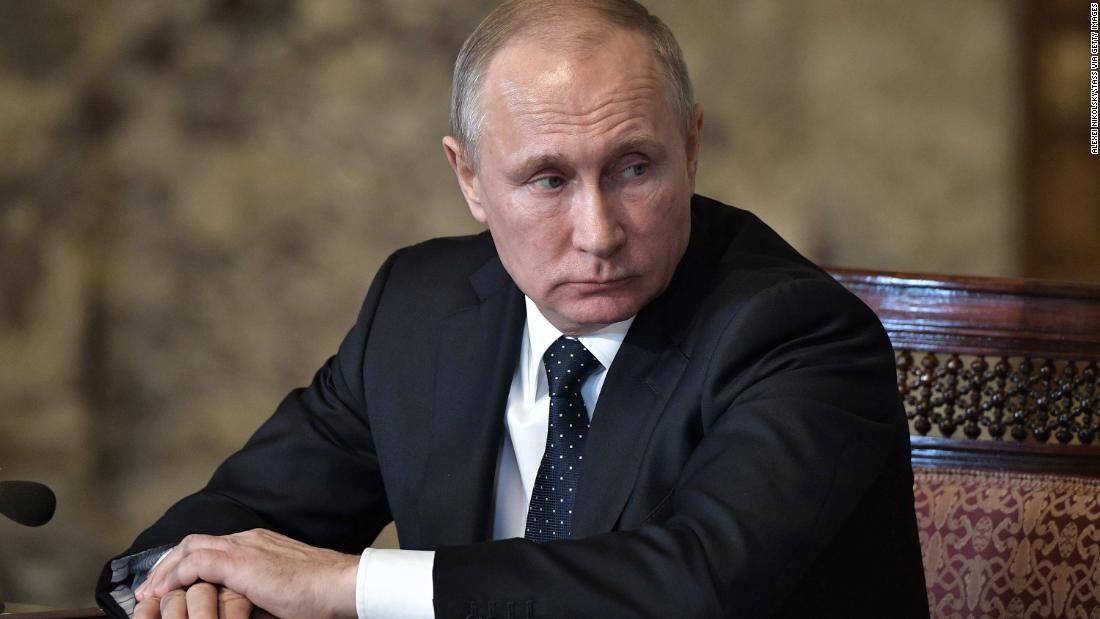
Russian President Vladimir Putin will run for re-election in 2018.
Putin remains extremely popular at home and is poised to win re-election as Russian president in March 2018.
But he has faced a stagnating economy and a humiliating Olympic ban over state-sponsored doping of Russian athletes.
2017 also saw Putin's hopes dashed of a better relationship with the US under Trump and, amid allegations of election meddling, US sanctions on Russia have intensified.
But it's in the Middle East that Putin has scored a major victory on the international stage, propping up his ally in Syria, Assad, securing a Russian military presence in the region and bolstering his country's status as a power broker.
By Matthew Chance
China's Xi Jinping -- UP
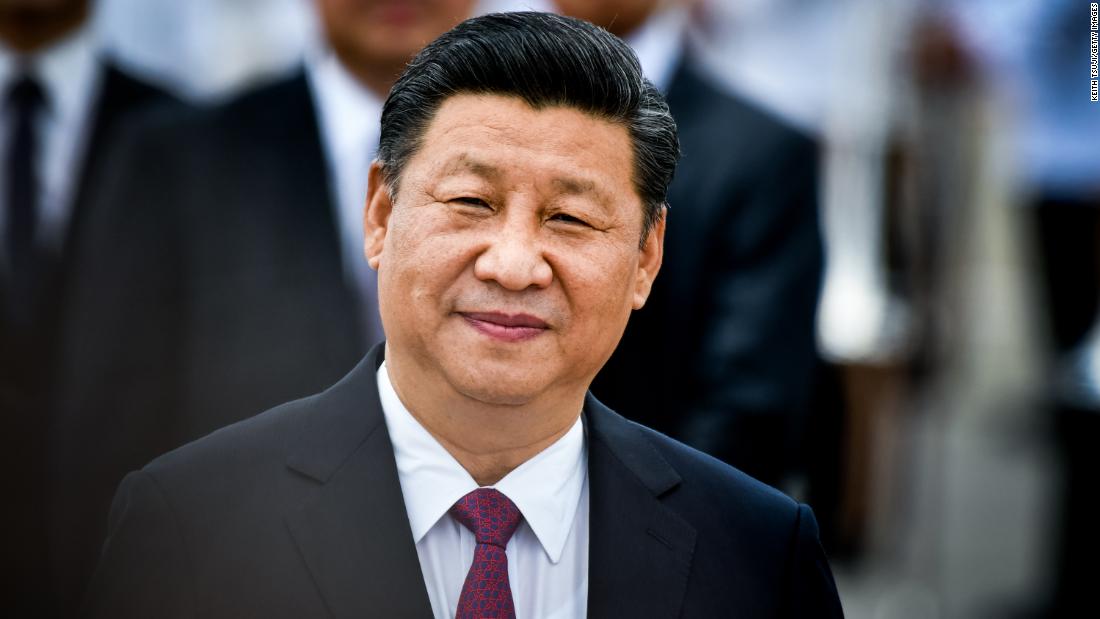
Chinese President Xi Jinping faces challenges over North Korea.
2017 was a very good year for Xi. He wrapped up his first term as chairman of the Communist Party in historic fashion -- by having his "thought" inscribed into the party constitution, something only Mao Zedong had ever achieved. Xi has consolidated power in a way not seen in decades. China's GDP is poised to keep growing and the country's ascent to global superpower is all but assured.
But there were challenges: A dangerous security situation in North Korea, an unpredictable Trump straining trade ties, and a slowing economy are Xi's top concerns. How well 2018 will go depends first and foremost on North Korea.
By Matt Rivers
North Korea's Kim Jong Un -- UP
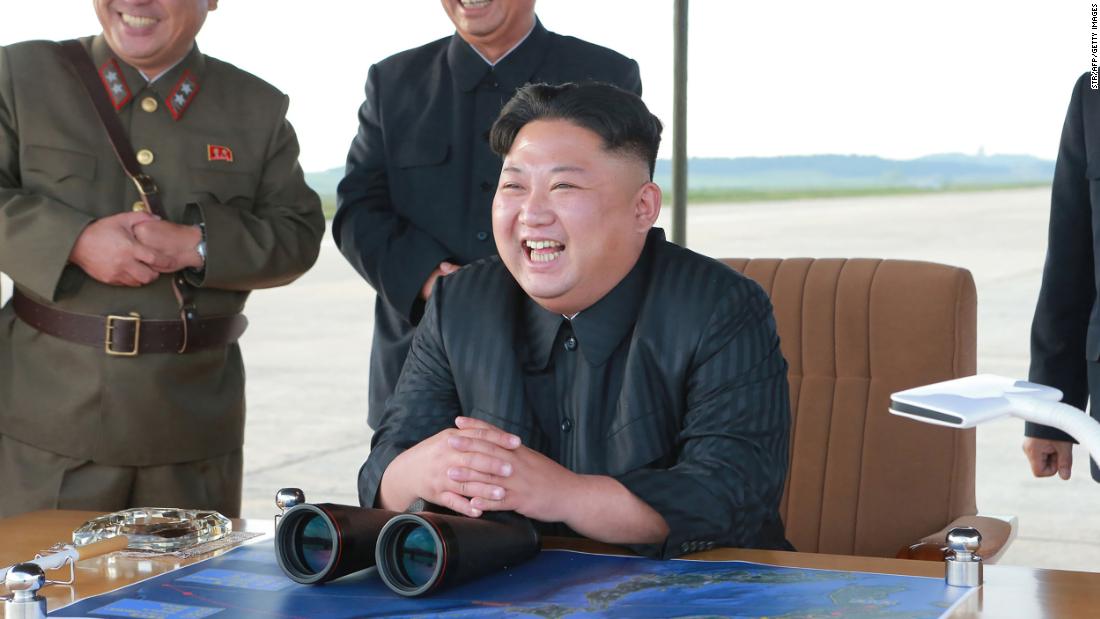
North Korean leader Kim Jong-Un has clashed repeatedly with US President Donald Trump.
On January 1, Kim Jong Un declared North Korea was in the final stages of developing an intercontinental ballistic missile. The next day, President-elect Trump tweeted Pyongyang would never possess such a weapon. Eleven months, 16 missile tests and one nuclear test later, Kim defied Trump with the successful launch of North Korea's most advanced ICBM ever.
If 2017 was a battle of wills, with Trump and Kim hurling insults and threats at each other, the 30-something dictator came out on top -- for now. Kim's momentum is uncertain in 2018, with growing war fears and unprecedented sanctions taking effect.
By Will Ripley
Britain's Theresa May -- DOWN
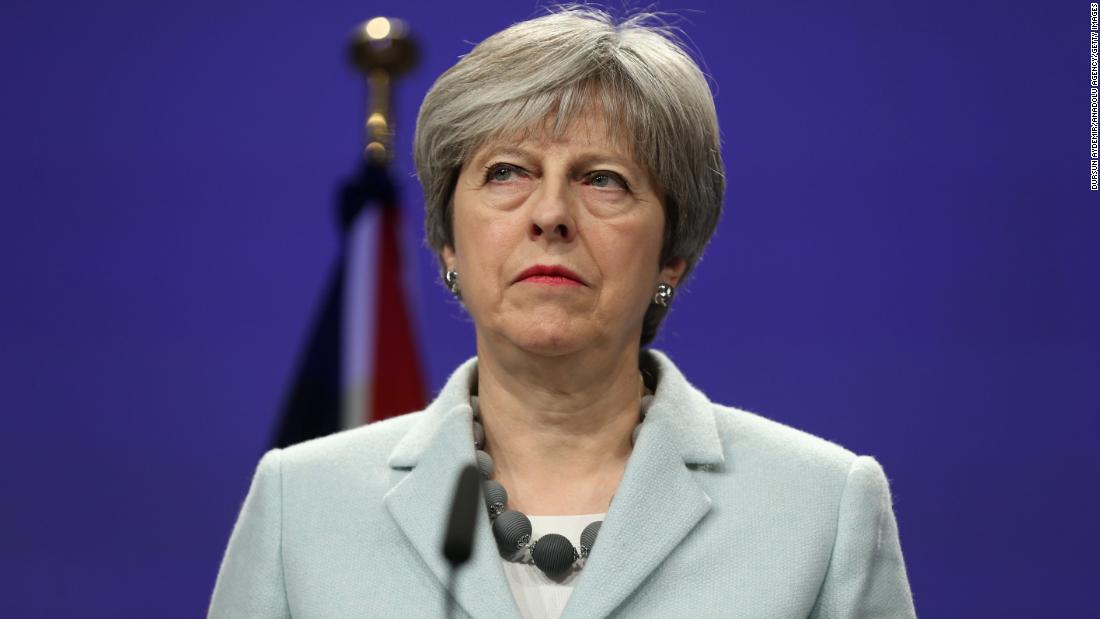
British Prime Minister Theresa May suffered a setback after calling a snap election.
After calling a snap election, May lost her party's double-digit majority. The result forced her to do a deal with the socially conservative Democratic Unionist Party of Northern Ireland to remain in power. The move attracted criticism and added complications to the issue of the Irish border in Brexit negotiations.
May has faced plots to replace her and was rocked by a serious parliamentary sex scandal. She has since lost three cabinet ministers, including close ally Damien Green, who admitted to lying over the presence of pornography on a computer in his parliamentary office.
However, her achievement in securing a move to the second phase of the Brexit negotiations should not be overlooked, though she faces another grueling year as the next phase of negotiations gets underway and rumors of leadership challenges continue to swirl.
By Bianca Nobilo
Saudi Arabia's Mohammed Bin Salman -- UP
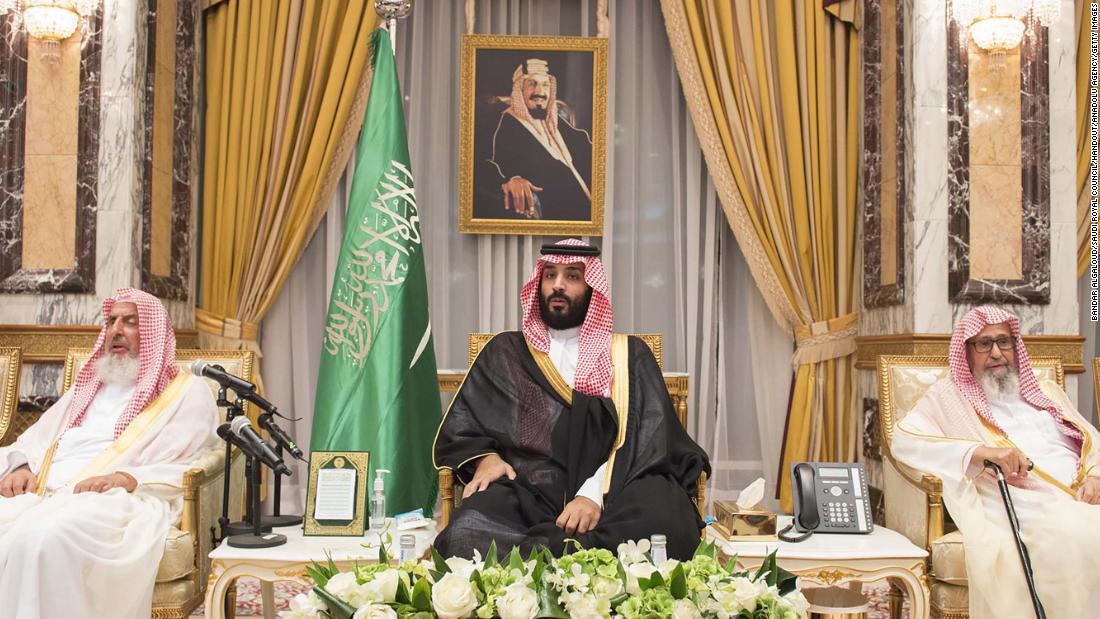
Saudi Crown Prince Mohammed Bin Salman has scored points with the young in pursuing his vision for reforms.
Crown Prince Mohammed Bin Salman has gone from being third in line to the throne to second, and faces limited challenges to his power.
At home he's scoring big points with the young, letting women drive, opening cinemas, limiting powers of religious authorities, lifting restrictive controls and raising horizons and possibilities.
Internationally, he's become the go-to Arab interlocutor for Trump and other global leaders. His 2030 vision for revamping the Saudi economy is widely applauded overseas.
But the next 12 months will be testing. His corruption crackdown is raising questions about his rule, the Yemen war is drawing global criticism and failing reforms could lead to resentment.
By Nic Robertson
Iran's Hassan Rouhani -- UP
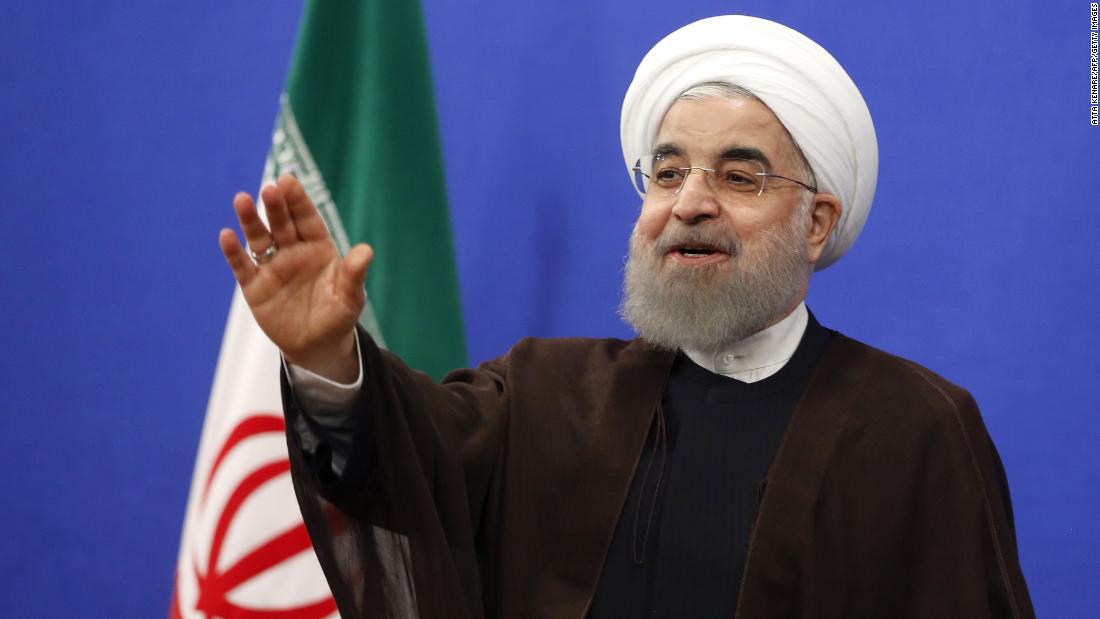
Iranian President Hassan Rouhani enjoyed a landslide victory in the country's election.
Rouhani's year has been successful but has also seen new, potentially difficult challenges. Rouhani is riding high in Iranian public opinion because of the nuclear agreement brokered with the P5+1 countries. The agreement has boosted Iran's economy, and helped Rouhani win the 2017 presidential elections.
Rouhani's main problems are Trump and Iranian hardliners. Trump has decertified the nuclear agreement, putting the whole deal in jeopardy. His tough stance on Iran, in turn, has fueled criticism of Rouhani by domestic hardliners who accuse him of being soft on America. 2018 could be a tough year if Trump continues to endanger the nuclear deal.
By Frederik Pleitgen
Israel's Benjamin Netanyahu -- UP
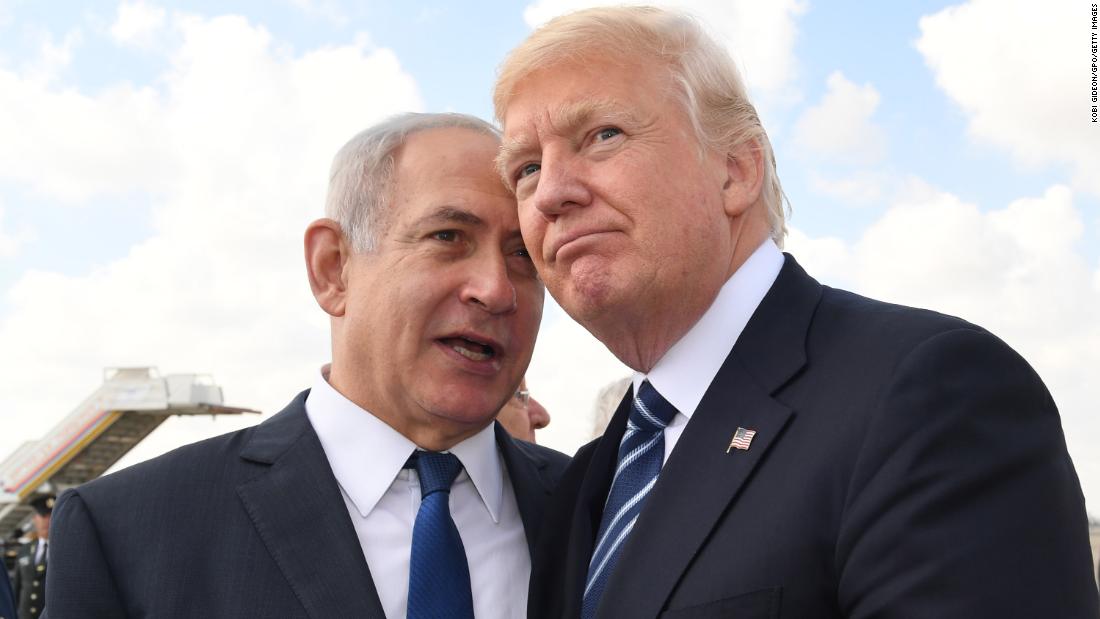
Israeli Prime Minister Benjamin Netanyahu received a big boost when US President Donald Trump said he would recognize Jerusalem as Israel's capital.
Though he was named a suspect in two criminal investigations -- and many in his inner circle are being questioned in a third probe -- 2017 can only be described as a good year for Netanyahu. More important than anything else, Trump's recognition of Jerusalem as Israel's capital gave Netanyahu an unparalleled diplomatic and political victory. If the UN Security Council resolution declaring that Israel's settlements had "no legal validity" marred 2016, Trump's announcement made up for it this year.
But 2018 could be different. The investigations aren't going away, crises within Netanyahu's coalition are becoming regular events and many analysts see elections on the horizon.
By Oren Liebermann
Spain's Mariano Rajoy -- DOWN
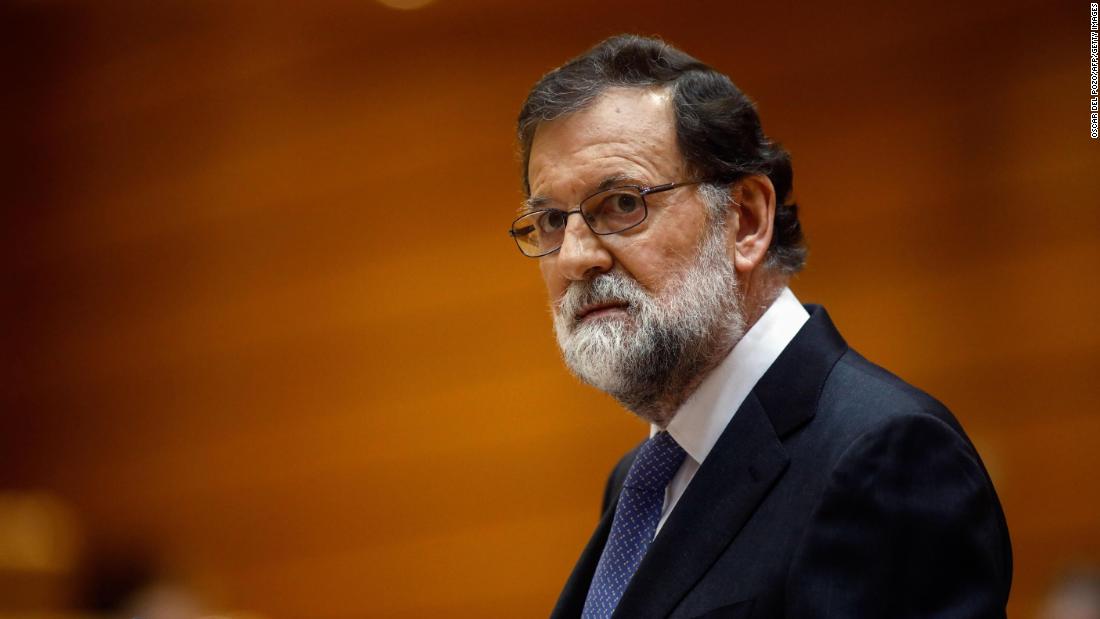
Spain's Prime Minister Mariano Rajoy has faced critcism of his handling of the Catalonia crisis.
2017 is probably a year that Rajoy would like to forget. His country faced the biggest constitutional crisis since the end of General Francisco Franco's dictatorship, as Catalonia pushed ahead with its quest for independence -- with a referendum that Madrid considered unconstitutional.
The crisis spiraled as Rajoy suspended the region's autonomy and imposed direct rule -- a move that many argue could have been avoided had he either ignored the referendum result, as Madrid had done before, or acknowledged the crisis in Catalonia years earlier.
He suffered a further setback in December with pro-independence parties declaring victory in regional elections in Catalonia.
By Isa Soares
Japan's Shinzo Abe -- UP
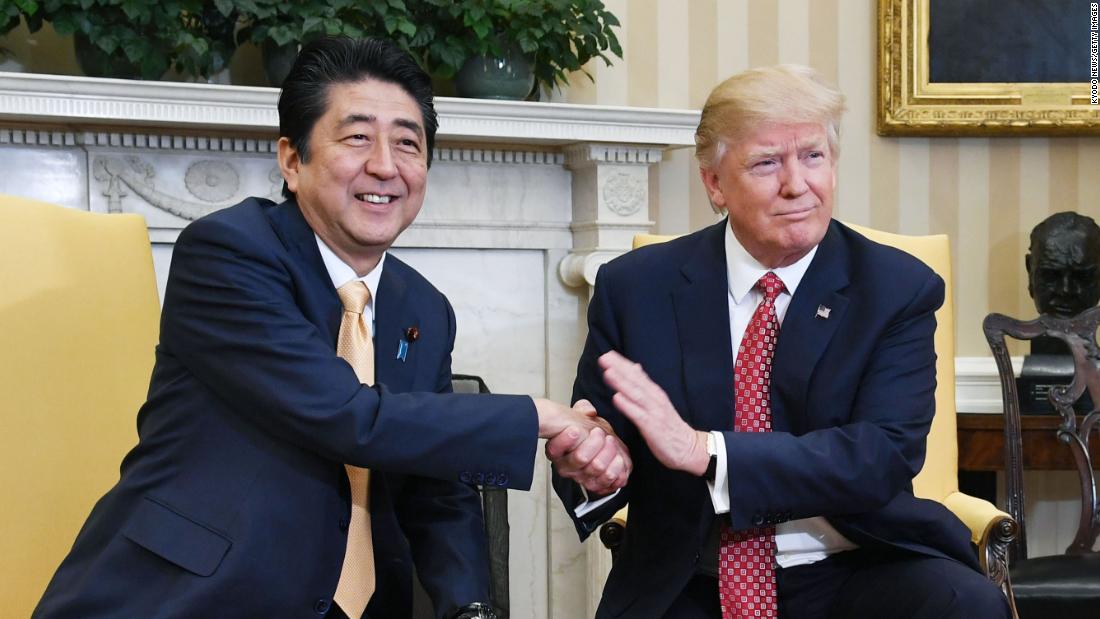
Japanese Prime Minister Shinzo Abe (L) and Trump have struck up a close relationship.
Shinzo Abe wrote the playbook in 2017 for scoring political points from global uncertainty. He was the first world leader to ingratiate himself with the unpredictable US President, lavishing Trump with praise, hamburgers and even a gold-plated golf club. Trump and Abe are on first-name terms, speaking and meeting regularly.
Abe leveraged domestic North Korea fears after two missiles flew over Japan to win a landslide supermajority for his ruling party, despite embarrassing scandals and controversial plans to revise Japan's pacifist constitution. He enters 2018 with positive momentum, including Japan's best economic growth streak in nearly two decades.
By Will Ripley
Kenya's Uhuru Kenyatta -- DOWN
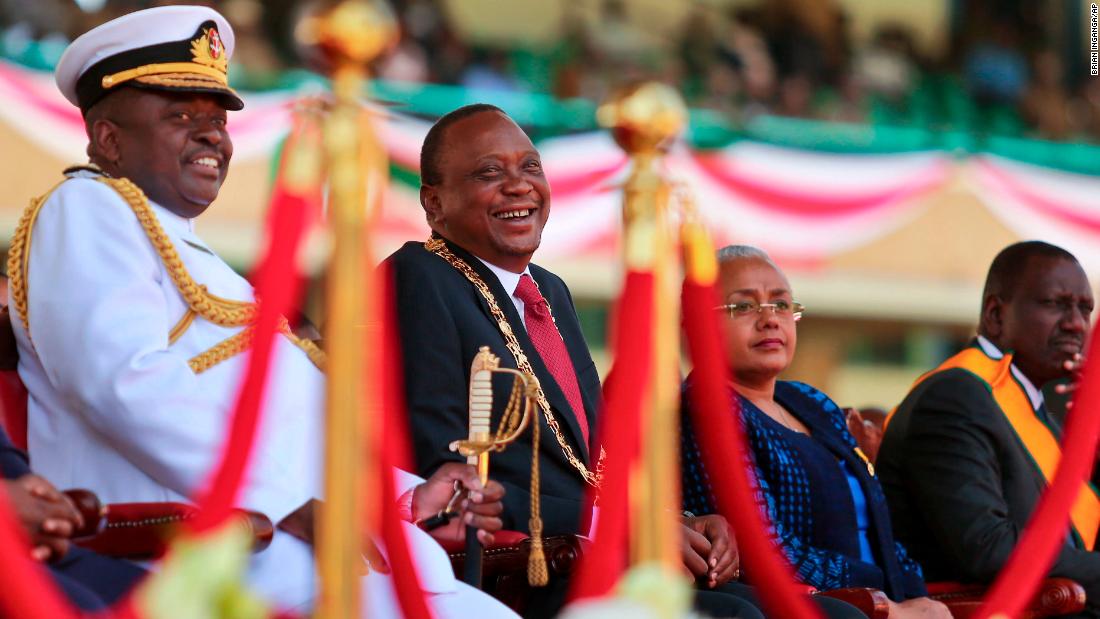
Kenya's President Uhuru Kenyatta, center, suffered through a difficult 2017.
Despite his election victory, 2017 has been an "annus horribilis" for Kenyatta. Courts set aside an August vote after opponent Raila Odinga complained about the conduct of the electoral commission. And then Odinga and his supporters boycotted an October rerun, ensuring Kenyatta's mandate was seen as questionable.
Kenyatta vows to be "a president for all" -- but the atmosphere is fraught after an election that threatened to split open Kenya's underlying ethnic tensions. Kenyatta must find a way to unite the country in 2018. Also at the top of his agenda will be how to rein in Kenya's trigger-happy police. Then he must decide whether to talk to his opponents.
By Farai Sevenzo
Canada's Justin Trudeau -- UP
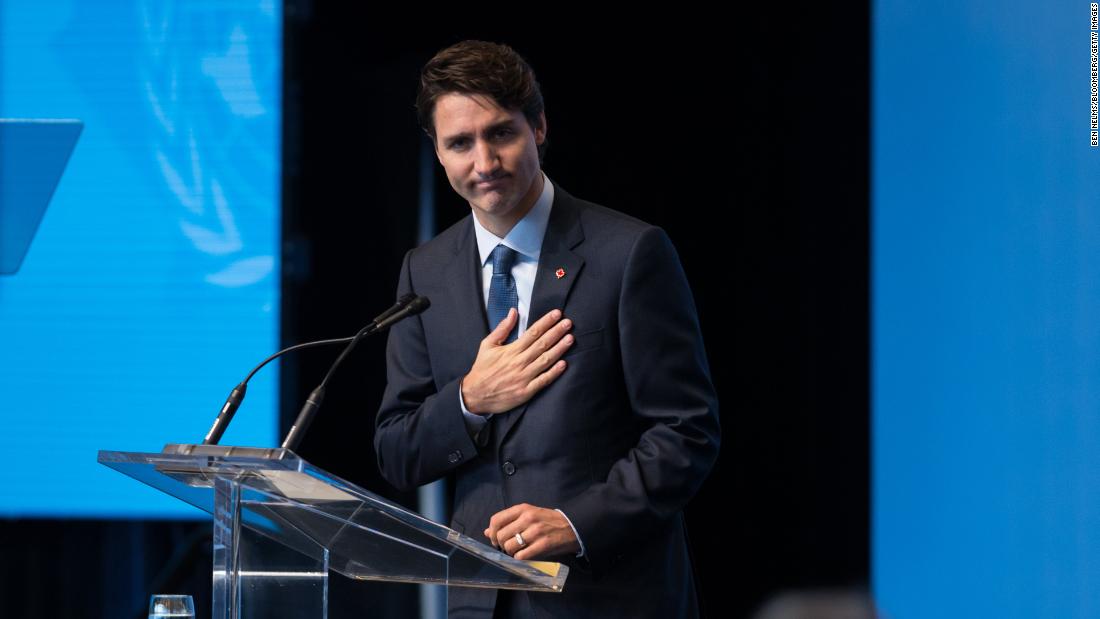
Canada's Prime Minister Justin Trudeau speaks during the 2017 UN Peacekeeping Defense Ministerial conference.
In 2017 Trudeau did a lot of crying. He teared up as he apologized to Canada's LGBTQ community, when apologizing to Canada's indigenous groups and again when he eulogized Canadian musical icon Gord Downie of the Tragically Hip.
Yet his year of contrition is nothing to cry about. Canada's economy is likely to grow by 3% in 2017, there's a new child tax credit for needy families and recreational marijuana will be legalized.
Trudeau might want to save his tears for 2018, when he will have to convince Donald Trump to "Make the North American Free Trade Agreement great again," and no one is betting on that.
By Paula Newton
Venezuela's Nicolás Maduro -- DOWN
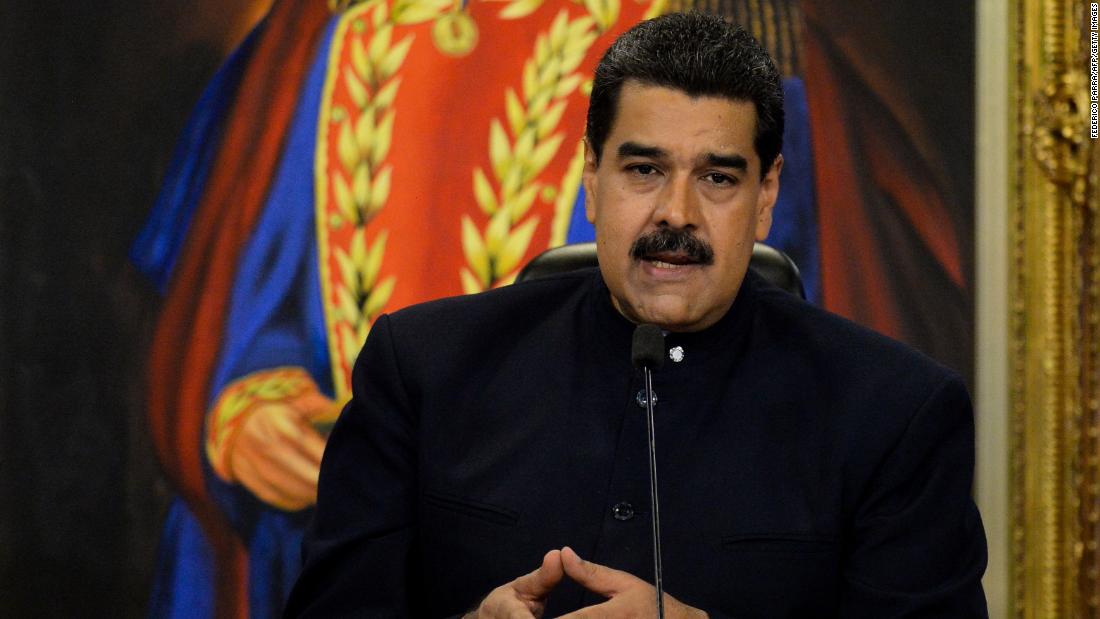
Venezuelan President Nicolás Maduro's year was blighted by anti-government protests in which more than 120 people were killed.
Venezuelans will remember 2017 as a year of anti-government protests that occurred almost daily for months, killing more than 120 protesters in clashes with the government.
Protests erupted in April after the Supreme Court took over legislative powers belonging to the National Assembly. Maduro's proposal to convene a new assembly to rewrite the constitution only made matters worse. The US slapped sanctions on Maduro in late July, a day after elections to form a constitutional assembly that Washington called "illegitimate."
The next year promises to be a challenge, with Maduro attempting to defeat what he called the "the financial blockade" imposed by US sanctions.
By Rafael Romo
Australia's Malcolm Turnbull -- UP
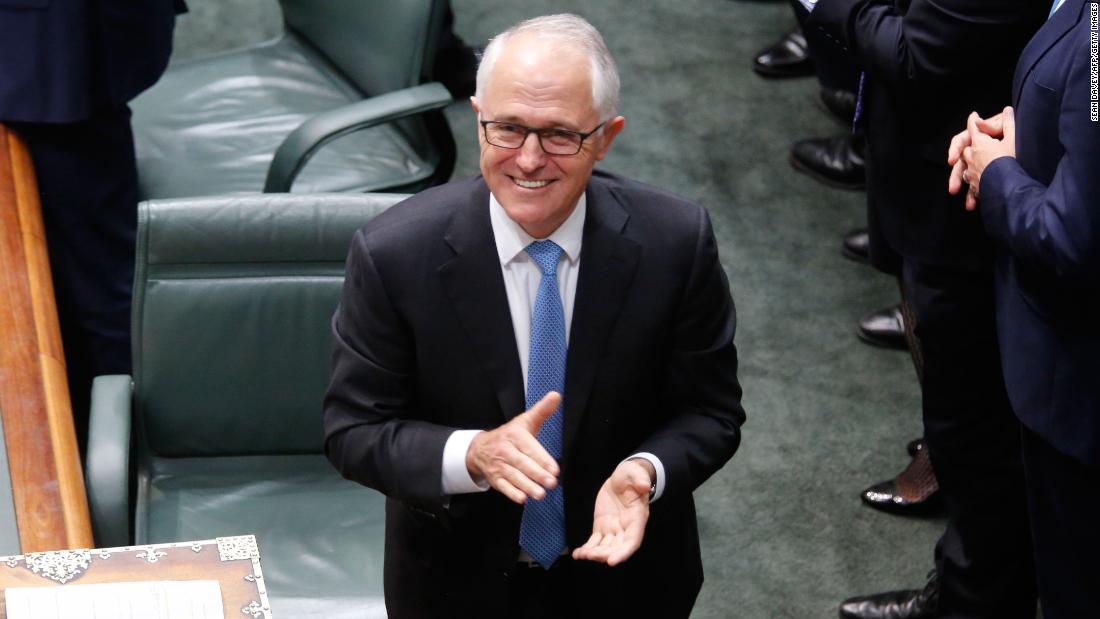
Australian Prime Minister Malcolm Turnbull applauds after the passage of the same-sex marriage bill in the federal Parliament.
Turnbull made headlines over his strained phone conversation with Trump earlier this year, which the newly minted US President described as the worst he'd had in a day of congratulatory calls. Another big moment was a "yes" vote on same-sex marriage.
Domestically, 2017 was mixed, highlighted by the marriage vote and by Turnbull finally facing down his nemesis and former boss, ex-Prime Minister Tony Abbott. Turnbull's legislative agenda has been grinding ahead, although it's been a struggle, and he remains reasonably popular.
2018 will be about the economy. Australia's growth outlook remains weak and Turnbull will be judged on his ability to keep the economy motoring through its 27th year without a recession.
By Andrew Stevens
Mexico's Enrique Peña Nieto -- DOWN
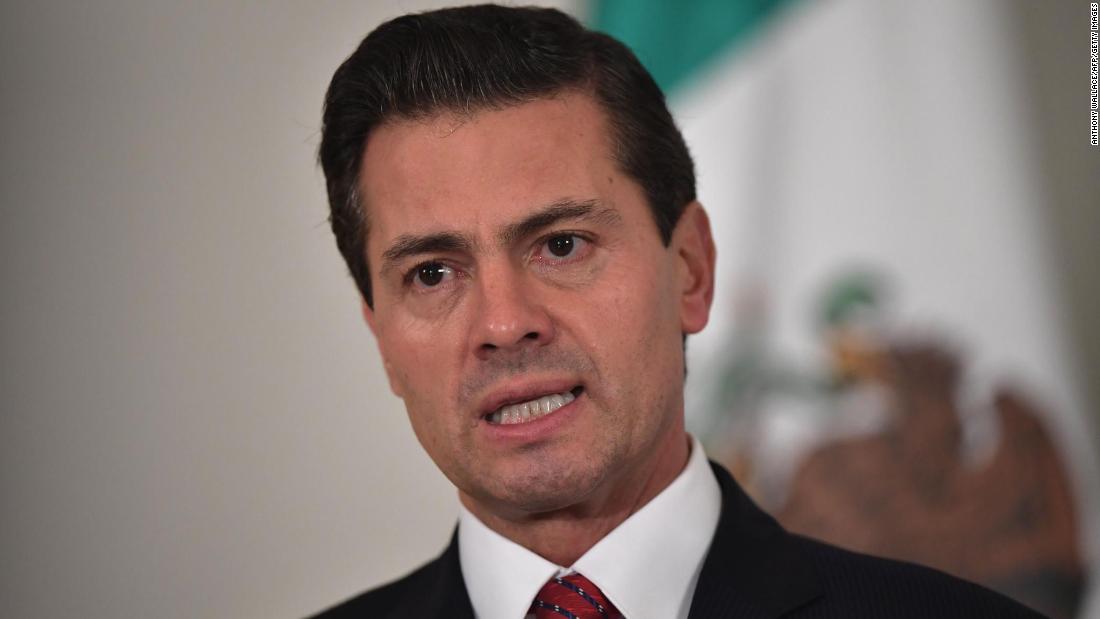
Mexico's President Enrique Pena Nieto has been hit by falling popularity ratings.
"What would you have done?" Peña Nieto asked in January after approving an increase in fuel prices, sparking violent protests in one of several crises the Mexican President was forced to confront in 2017.
Increasing disagreements over a proposed wall on the US border forced him to cancel a meeting with Trump that month. In September, amid differences with Washington over NAFTA, Peña Nieto vowed to defend Mexico's "national dignity." His approval ratings continued to plunge, falling to 28% by mid-September, according to the Pew Research Center.
But Peña Nieto had no time to reflect on his unpopularity. On September 19, a 7.1-magnitude earthquake struck central Mexico, killing 369 people in the capital and surrounding states.
By Rafael Romo
New Zealand's Jacinda Arden -- UP
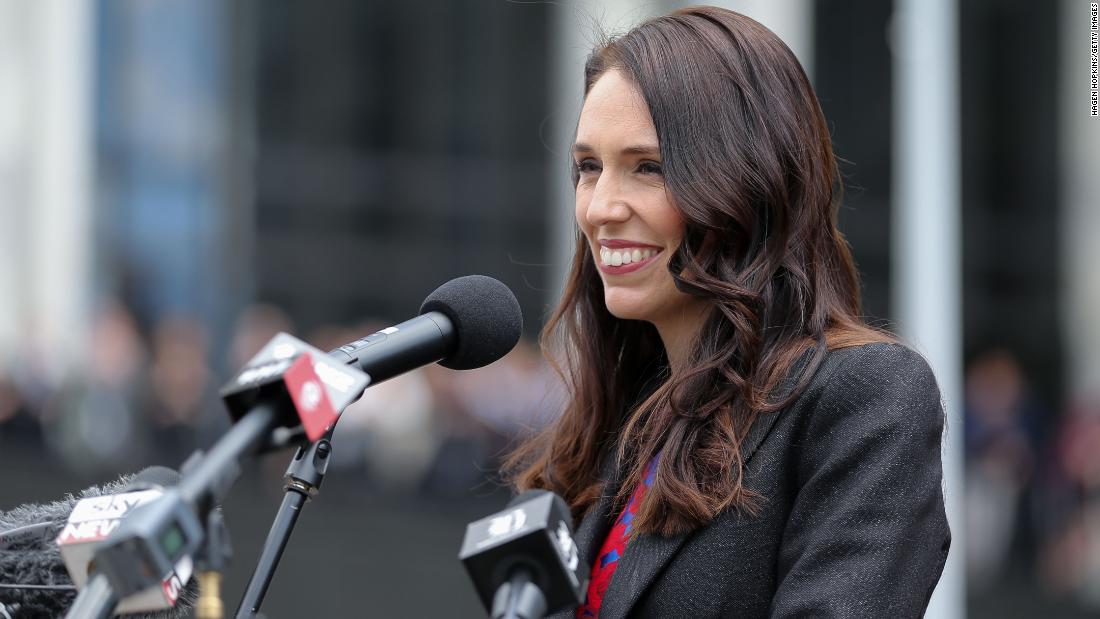
New Zealand Prime Minister Jacinda Ardern became the world's youngest female leader at the age of 37.
Jacinda Arden became the world's youngest female leader in late October at age 37, when she was elected to head up a coalition government even though her left-wing party finished second in the poll. "Jacindamania" swept her to the leadership, but now the hard work begins.
One of Arden's greatest challenges in 2018 will be making the coalition work. She has to meld a government of her liberal Labour party with the hard-right, populist New Zealand First party and the Greens. It won't be easy but at least the economy is unlikely to be a headwind. It's predicted to chug along at around 3% growth for the next few years.
News Courtesy: www.cnn.com

